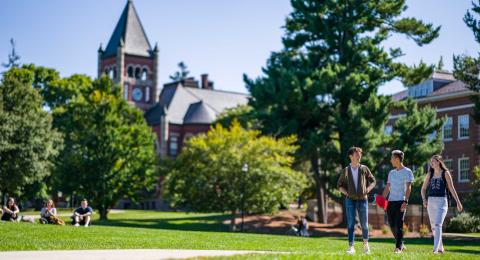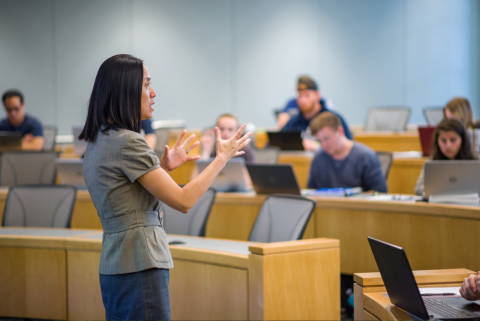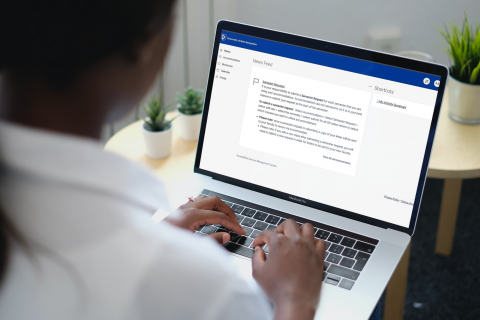Student Accessibility Services
SAS ensures reasonable accommodations and equal access to all UNH students with a documented disability. We provide services to students who have permanent or temporary disabilities that affect academics, housing, and parking. Our dedicated staff is here to support students and faculty & staff with questions regarding our process, implementation, and general guidance. We look forward to working with you!







